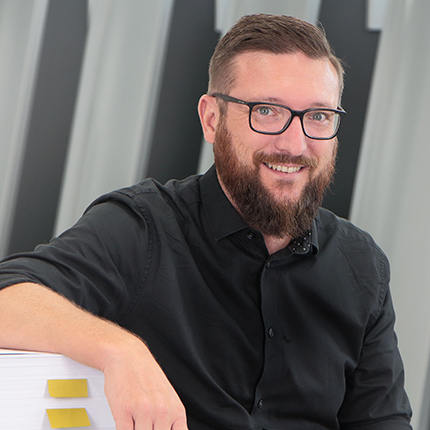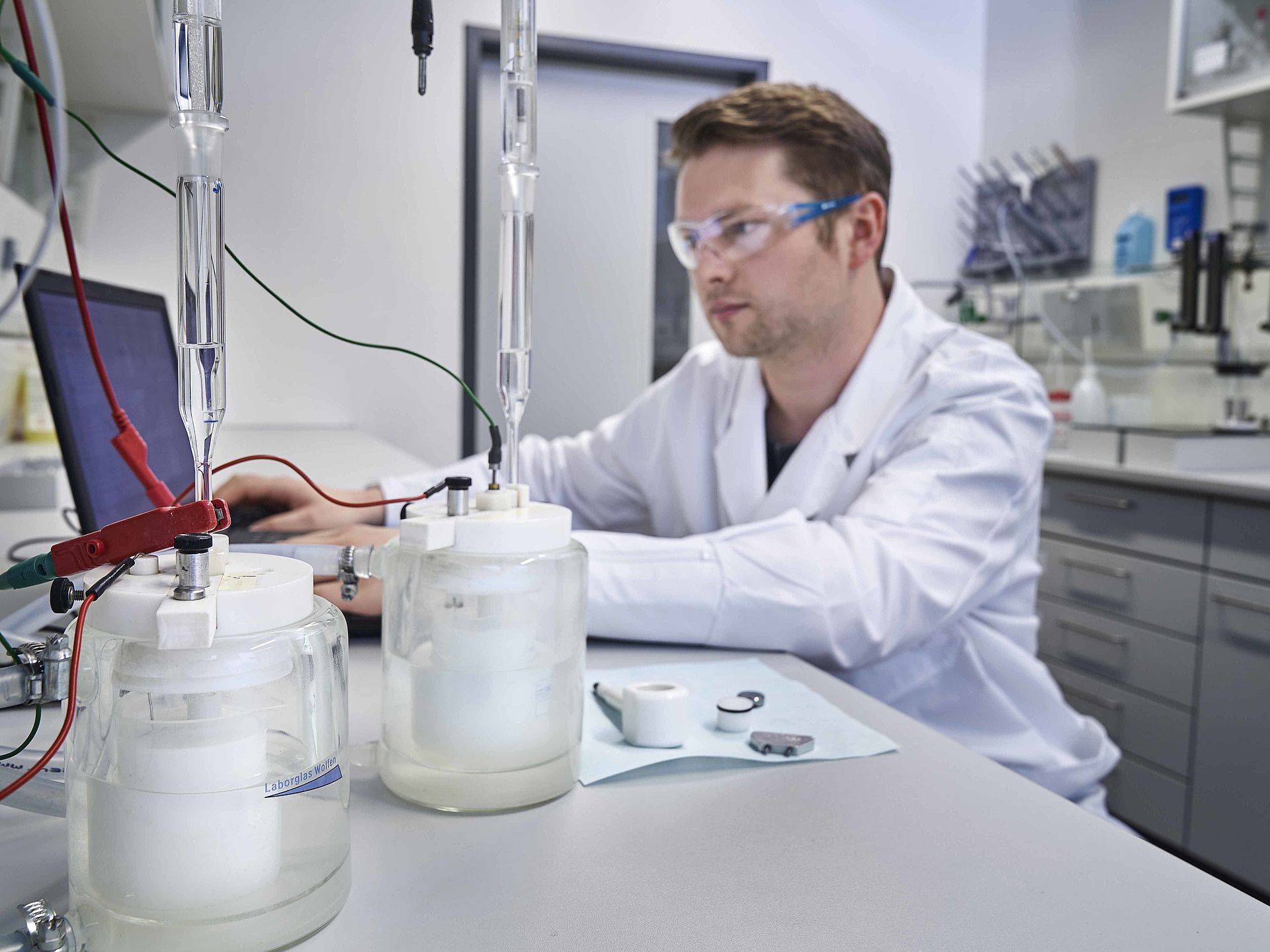Topic of your interest
Research support
Our research projects receive public funding from the Federal government and the EU, with the largest portion being provided by the IGF programme for the funding of joint industrial research together with the ZIM programme designed to promote innovation in medium-sized enterprises. Both of these programmes are supported by the BMWK, the Federal Ministry for Economic Affairs and Climate Action, and are administered by the Deutsches Zentrum für Luft- und Raumfahrt (DLR) since 2024.
The IGF bridges the gap between basic research and commercial application. New technologies that will benefit entire industries and, increasingly nowadays, multiple industries are readied for the market through the work of AiF research associations (until the end of 2023, followed by the German Aerospace Center in 2024) whose goal is to maintain and strengthen the competitiveness of small and medium-sized enterprises. The Federal Ministry for Economic Affairs and Climate Action supports the IGF with public funds.
However, on their own, these sources of research funding would be neither sufficient to finance a research institute such as Fogra and nor would that be a good idea. Ultimately, one of the institute’s core tasks is to transfer the results of its work to industry, which it does by providing testing and certification services, together with various training initiatives. These contribute a similar proportion of Fogra’s turnover and ensure its viability. Alongside research funding and revenues from the various knowledge transfer activities referred to above, the subscriptions paid by Fogra’s 900 or so members make up the third main source of funds.



